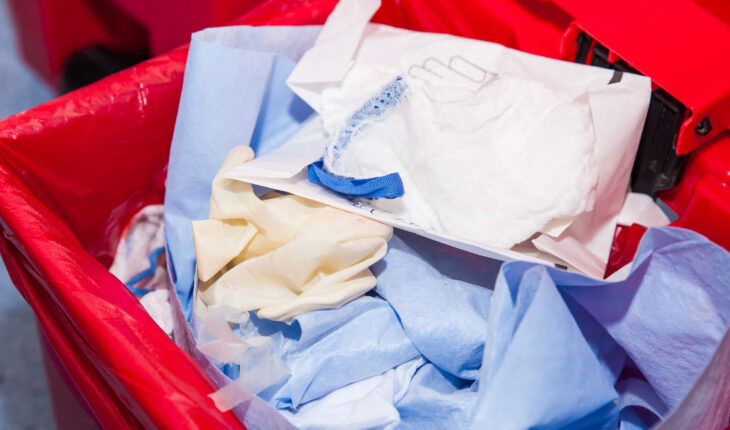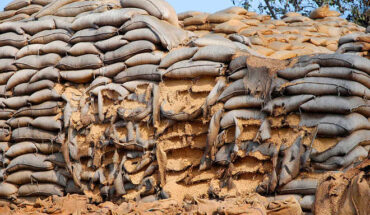The city is facing yet another challenge in this pandemic in handling biomedical waste comprises the waste generated through the health care facilities, medical laboratories after the outbreak of covid and increasing number of patients in Gurugram.
The haphazard disposal of infectious wastes in landfills, streets or water bodies, which is piling up day by day and if it’s not dealt with properly soon the city could turn an epicenter for infectious diseases in the state due to inadequate facilities for biomedical waste management.
According to data available, there are more than 220 hospitals, nursing homes and other health facilities that are operational in the city and have a combined strength of 13,183 beds. Keeping this in mind, there is only a single waste management unit for the treatment of waste generated by these hospitals.
The waste from these health facilities is then incinerated at a common biomedical waste treatment facility in Sector 37.
The National Centre for Disease Control (NCDC) and the Central Pollution Control Board (CPCB) has issued guidelines for the safe handling and disposal of Covid-19 related waste. As per the guidelines of CPCB recommend one waste management unit on every 10 thousand beds.
On the other hand the district health department having expanded its testing criteria and capabilities for Covid-19, the quantity of biomedical waste generated due to the pandemic is set to increase manifold.
Solid Waste Management Rules, 2016, and the BioMedical waste Management Rules, 2016 restricts the occupier (hospitals, Nursing homes and other bio medical waste generator) for ensuring treatment and disposal of generated biomedical waste through a Common Bio-Medical Waste Treatment and Disposal Facility (CBWTF), located within a distance of 75 KM. Guidelines permit one CBWTF on every 10 thousand beds in a radius of 75 KM. If this limit of beds exceeds, a new CBWTF should be established in the region.
“Few health care facilities in the district are following the necessary procedure, which helps us track how much waste is generated and how much is treated,” said an official in the Haryana State Pollution Control Board (HSPCB), on the condition of anonymity.
“In view of Covid-19 We have a designated team of supervisors and 12 door to door collection vehicles which collect bio-medical waste generated from houses declared for Corona patients and around 10,000 wastes from such homes have been collected,” said Sonia Duhan, a consultant of Municipal Corporation of Gurugram.
She further informed that the city has one unit named biotech management at sector 37 for disposal and recycling of bio-medical wastes in Gurugram. The bio-medical wastes are also coming here from other districts like Rewari.
“Biomedical waste treatment facilities in the city can handle and collect biomedical waste, Covid-19 and routine, per day. The unit is following and completing all government protocol, ” said Shakti Singh, regional officer of the Gurugram pollution control board.
Though they are quite aware of the fact that apart from these 220 hospitals, there are several non bedded medical facilities such as pathology labs, animal hospitals, clinics etc. are also operating in the region.






